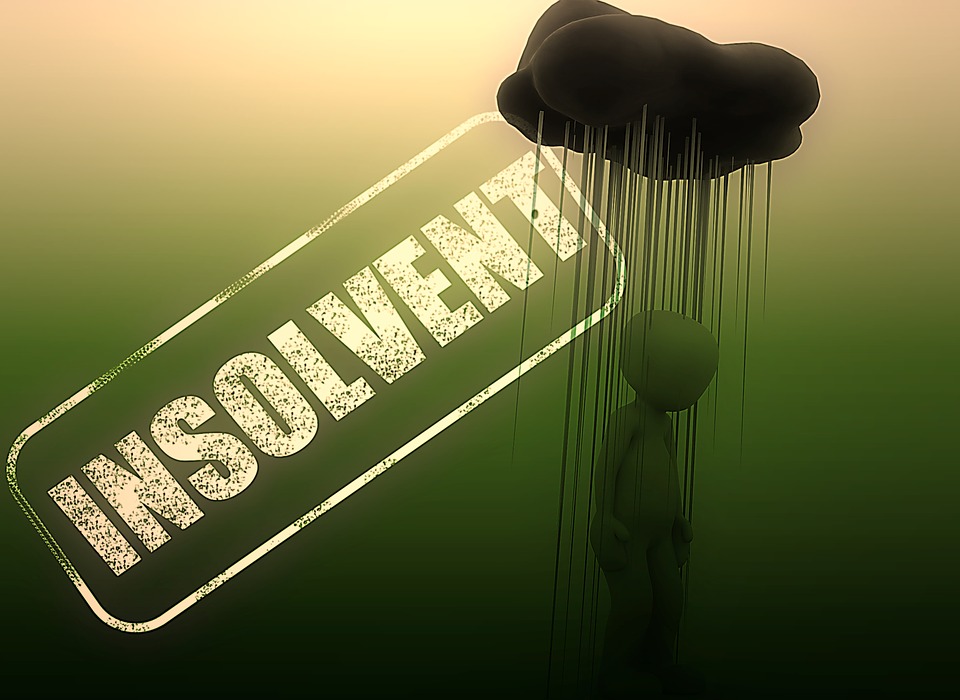The Coronavirus Economic Response Package Omnibus Act 2020 (the CERP Act) put in place a range of debt relief measures designed to help businesses survive the economic fallout of COVID-19 lockdowns and border closures without the usual penalties that come from insolvent trading.
Two major measures were around extending the ‘safe harbour’ regime and changes to how and when statutory demands can be made.
Extending the ‘safe harbour’ regime
If you are the director of a business that is trading while insolvent, you are usually held personally liable for any debts incurred.
For example, if you are renting a shop but the business does not have enough money to pay the rent, the landlord can ask you to pay the outstanding amounts yourself.
The extension of ‘safe harbour’ means you can trade without the worry that you will have to pay back debts from personal funds.
Changes to how and when statutory demands can be made
Usually, a creditor can issue a statutory demand for debts of $2,000 or over. The debtor has 21 days to respond or risk being forced into winding-up proceedings.
Under the changes, the threshold rises to $20,000 and the time frame for a response is six months.
Extension to measures
Both measures were originally scheduled to end on 24 September, but on 7 September these were both extended until 31 December.
If you are the owner or director of a business and have been relying on these measures to keep afloat, the extension is good news.
However, it is important that you have a plan for when they end. Avoid the temptation of adopting a ‘wait and see’ policy. If you owe money when the extensions end, your creditors are likely to be impatient. As a director, you should know your company’s financial situation and whether it is viable. Consider whether you can make changes to your business now, such as restructuring or changing focus, to give yourself the best chance of recovery when the time comes.
The question for those who are owed money by another business is should you issue a demand now or wait until 31 December?
The advice to date has been to wait until the end of the measures. This is because a demand levied on 1 June (after the measures were implemented) would give the other company until 1 December to respond, while waiting until 25 September (when they were repealed) would only give them until 19 October.
This means that if you send a demand now, on say 30 September, it won’t be due until 30 March 2021. Waiting until 31 December means the other company will have to respond by 31 January 2021.
It is important to note, however, that if there are further extensions beyond December, the calculation might be different. If you had sent that June demand, it would now be due before the end of the new extension. If there is another extension, the same issue arises.
We can help you navigate this issue by offering more detailed advice specific to your circumstances around managing your debts or recovering money from a creditor, so please contact us on (03) 9592 3356 or via email at office@citypacific.com.au.


